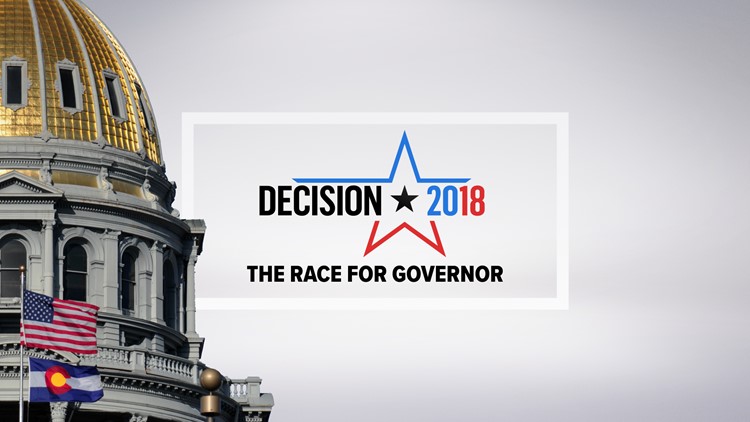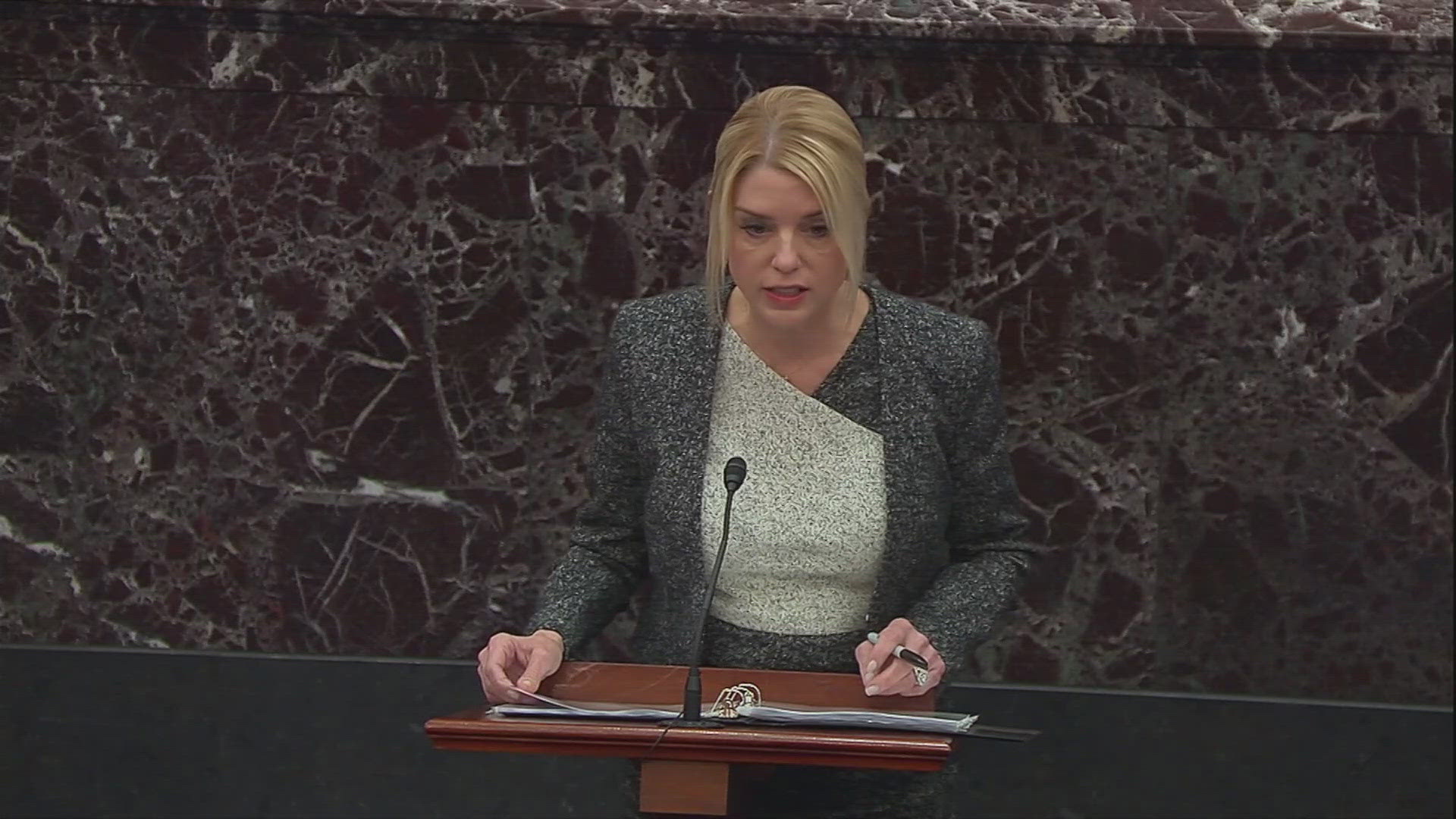KUSA — The general election isn’t until Nov. 6 — and the primaries aren’t even until June 26 — so you might be thinking it’s a little early to really start devoting too much attention to it (especially if you aren’t as politically inclined as some of the folks in our newsroom).
But, Saturday actually marks two a day on the political calendar — and one that will have a big impact on who you see on the ballot come the primaries.
And that’s why 9NEWS hosted its first gubernatorial debates on Wednesday and Thursday: to give you a look at (some of) the candidates ahead of the Democratic and Republican state assemblies.
There are two ways for a candidate to make the primary ballot: Either through getting enough petition signatures (gubernatorial hopefuls need 1,500 per congressional district) or by garnering enough support at the state assembly. The latter involves the potential for some surprises — think Darryl Glenn’s upset at the GOP convention in 2016 (he won 70 percent of the votes).
One thing worth noting: the state assembly determines the statewide candidates. Separate county assemblies determine which congressional and district attorney candidates, for instance, make the ballot.
Here’s what you should know ahead of the Democratic and Republican state assemblies broken up by party:
THE DEMOCRATS
When: April 14
Where: 1st Bank Center at 11450 Broomfield Lane, Broomfield
Former state senator Mike Johnston, former state treasurer Cary Kennedy and Lt. Gov. Donna Lynne participated in the 9NEWS debate, but not all of them will be participating in the state assembly, according to the Colorado Democrats website.
Cary Kennedy, Jared Polis and Erik Underwood will vie for the 30 percent of delegate votes needed to qualify for the primary during the state assembly. They’ll each be allotted seven minutes to make their respective cases to the 3,814 delegates who will be in attendance.
It’s worth noting that Polis declined to participate in the 9NEWS gubernatorial debate, and during the non-finding party caucuses, received nearly 33 percent of the vote. Kennedy was the obvious winner, receiving nearly 40 percent of the more than 23,000 votes cast.
Candidates can also opt to get a combination of petition signatures and delegate support at the state assembly. If a hopeful garners enough petition signatures but participates in the assembly anyway, they need 10 percent of the vote from the delegates to actually make the primary.
The delegates will also hear from candidates for CU Regent-at-Large, treasurer, secretary of state and attorney general.
You can find more information about the Democratic assembly here: https://bit.ly/2GRnBkV
THE REPUBLICANS
When: April 14
Where: CU Boulder Coors Event Center at 950 Regent Dr., Boulder
Former Parker Mayor Greg Lopez, former State Rep. Victor Mitchell (R-Colorado) and businessman Doug Robinson participated in the 9NEWS debate, but Lopez is the only candidate of the three who is hoping to make the ballot during the assembly.
Businessman Barry Farah was also slated to participate in the 9NEWS debate, but he backed out suddenly on Tuesday. He’ll be vying for votes from the 4,201 delegates (and 4,206 alternates) along with Lopez, Attorney General Cynthia Coffman, former Colorado Trump campaign chair Steve Barlock, Larimer County Commission Lew Gaiter and State Treasurer Walker Stapleton.
There will be plenty of eyes on Stapleton at the assembly due to the front-runner’s surprise announcement that he would participate on Tuesday following accusations that the company he used to get petition signatures was doing so in a fraudulent manner.
Like with the Democrats, Republican candidates need the support of at least 30 percent of the delegates to make the primary ballot. They’ll get 12 minutes to make their respective cases before the vote.
You can find more information about the Republican assembly here: https://bit.ly/2GTxTwP
Follow our live coverage from the state assemblies below:



